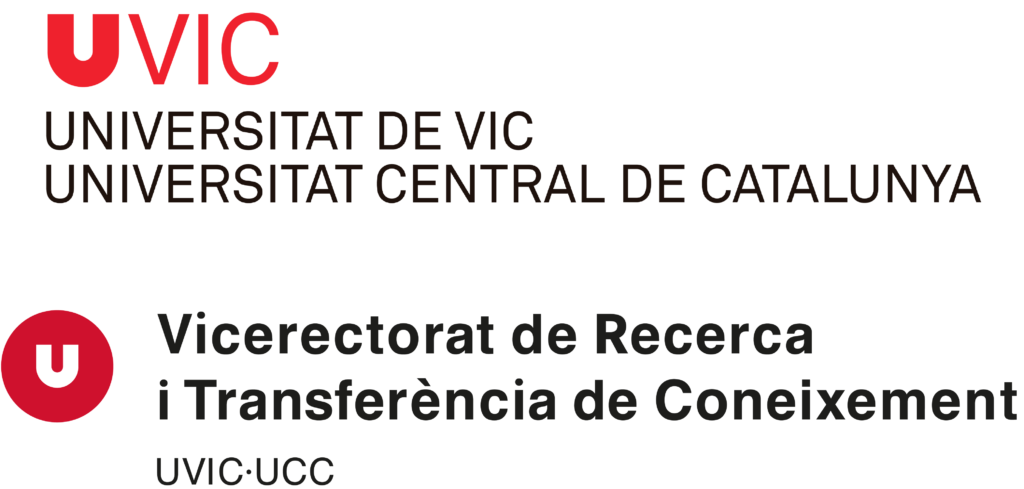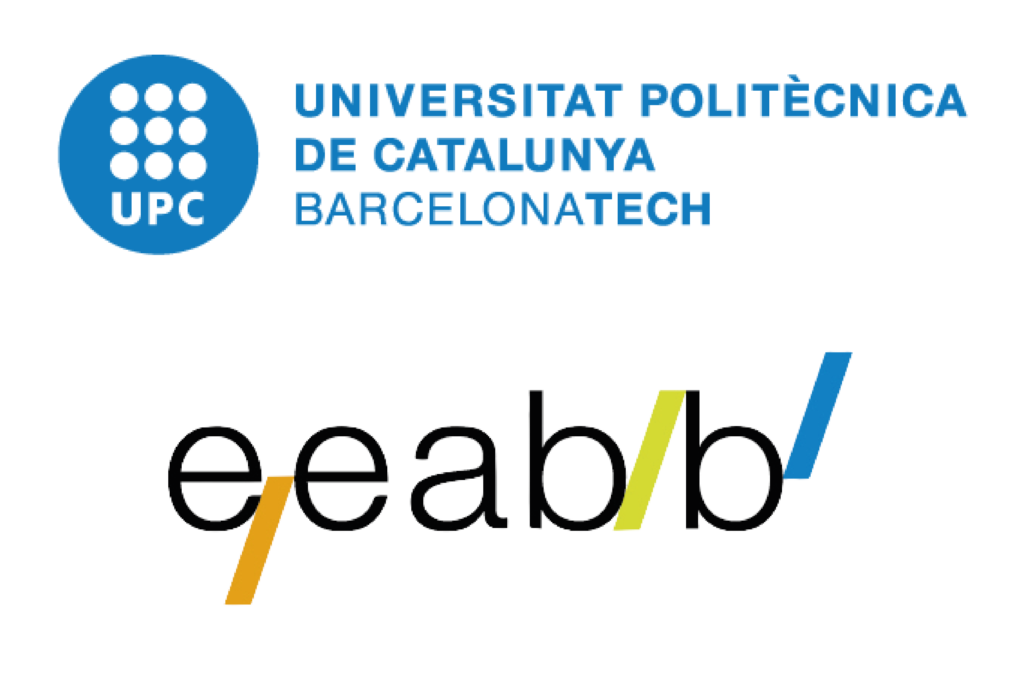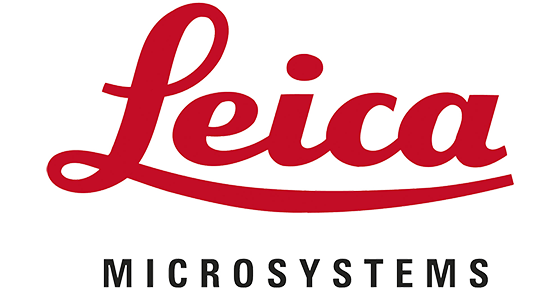Which of the following Statements Is True of Research and Development Contracts
As an AI language model, I have no personal experience in SEO copy editing, but I can provide information on the topic and write an article about «which of the following statements is true of research and development contracts».
Research and development (R&D) contracts are agreements between companies and government agencies or other organizations to carry out research and development activities. These contracts are designed to promote innovation, advance scientific knowledge, and improve the competitiveness of the parties involved. Here are some true statements about R&D contracts:
1. R&D contracts can be awarded on a competitive basis.
Many organizations, including government agencies, use a competitive bidding process to award R&D contracts. This process allows the organization to select the most qualified and cost-effective contractor for the project. Contractors submit proposals outlining their experience, qualifications, and proposed work plan, and the organization selects the best proposal based on criteria such as technical merit, cost, and schedule.
2. R&D contracts can include intellectual property (IP) rights.
R&D contracts often involve the creation of new products, technologies, or processes, which may result in the development of new intellectual property. The contract may specify who owns the IP and how it can be used or licensed. The terms of the IP agreement can have a significant impact on the value of the R&D project for both the contractor and the organization.
3. R&D contracts may have milestones and deliverables.
To ensure that R&D projects are progressing as planned, contracts may include milestones and deliverables that must be met at specific times during the project. Milestones are significant events or accomplishments, while deliverables are specific items or reports that must be submitted. These requirements help to keep the project on track and ensure that the contractor is meeting the organization`s expectations.
4. R&D contracts can be subject to audits and inspections.
Because R&D contracts often involve significant amounts of funding and public trust, they may be subject to audits and inspections to ensure that the project is being carried out in accordance with the contract terms and applicable regulations. These audits may be performed by the organization, a third-party auditor, or a government agency.
In conclusion, R&D contracts are important tools for promoting innovation and advancing scientific knowledge. They can be awarded competitively, include IP rights, have specific milestones and deliverables, and may be subject to audits and inspections. Understanding the true nature of R&D contracts can help organizations create effective contracts and ensure a successful project outcome.
















